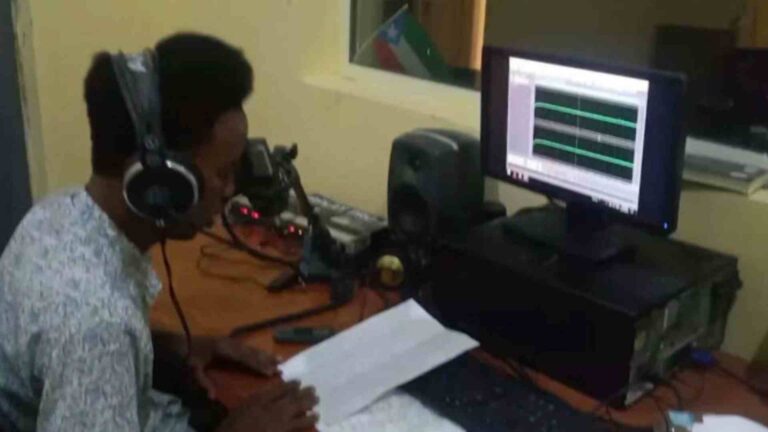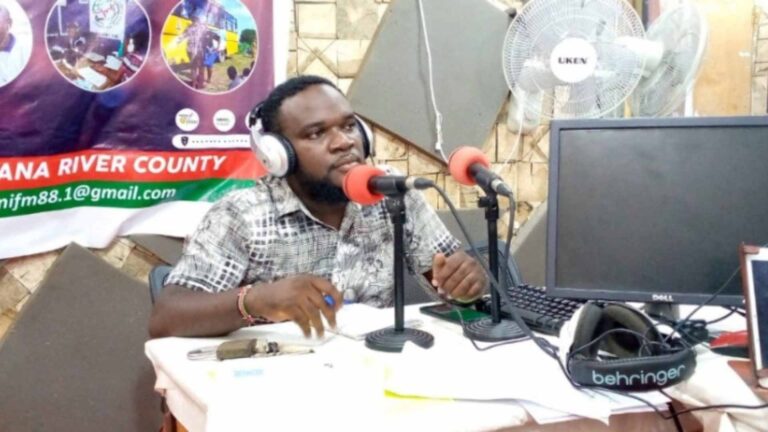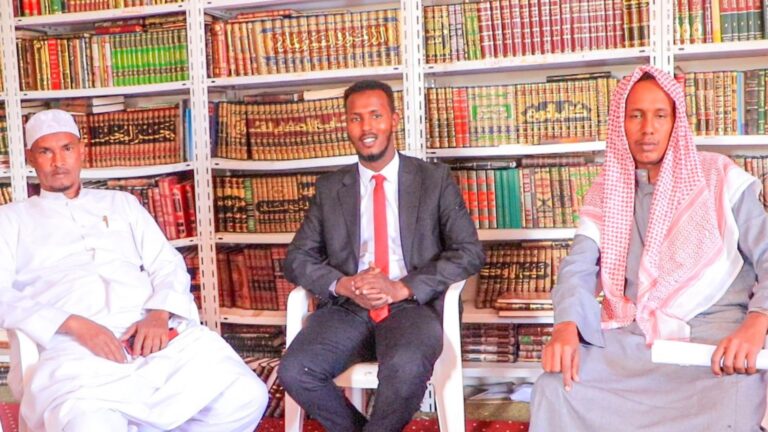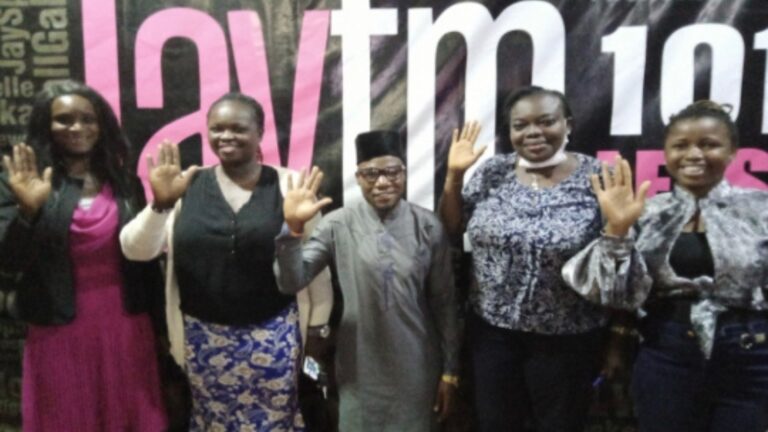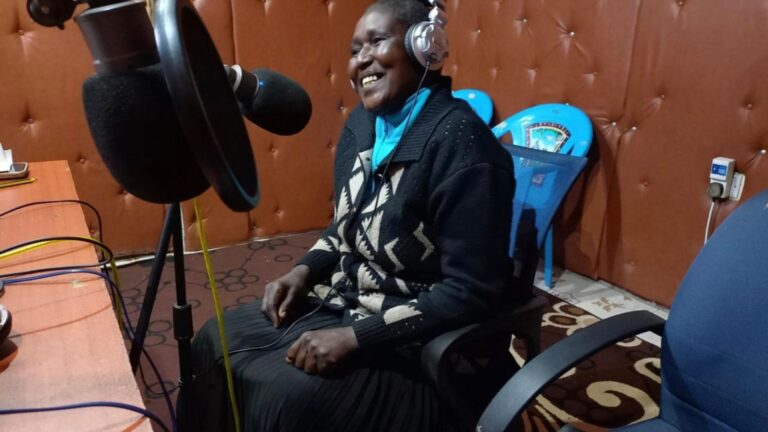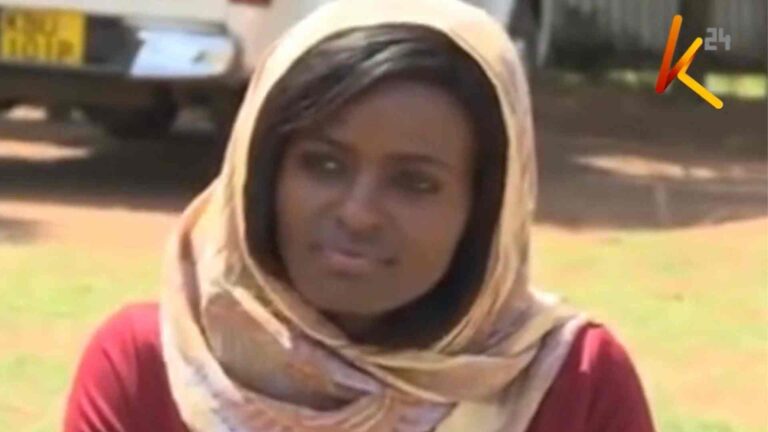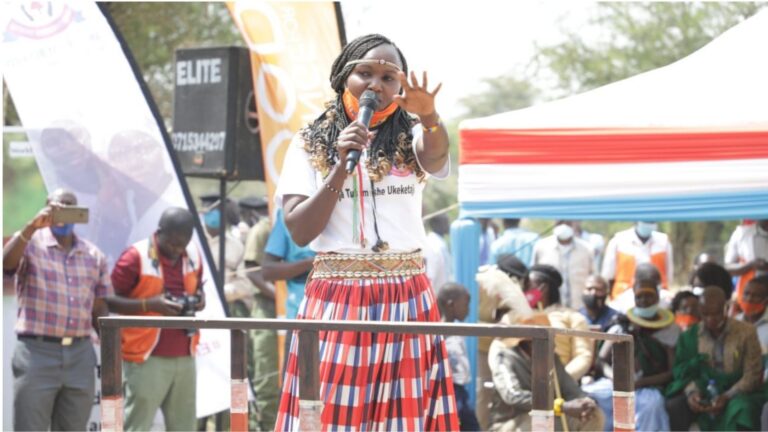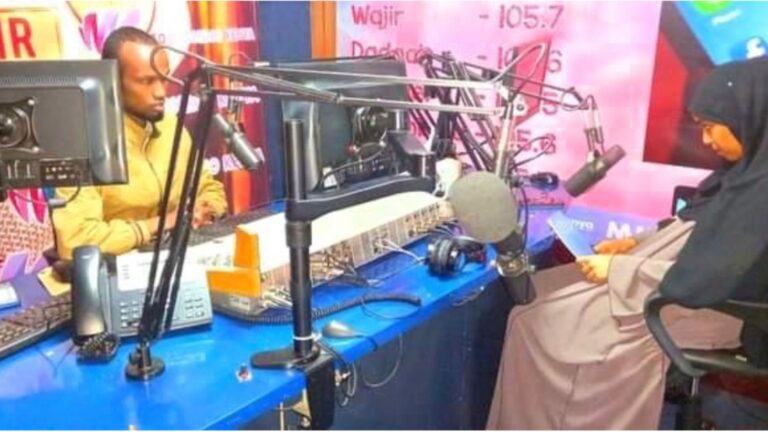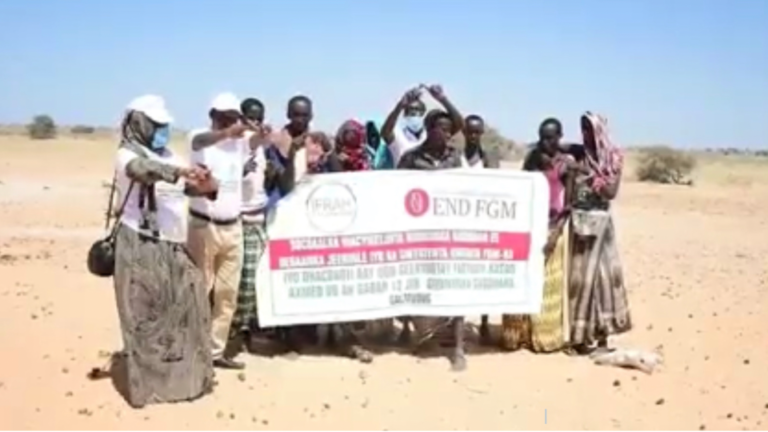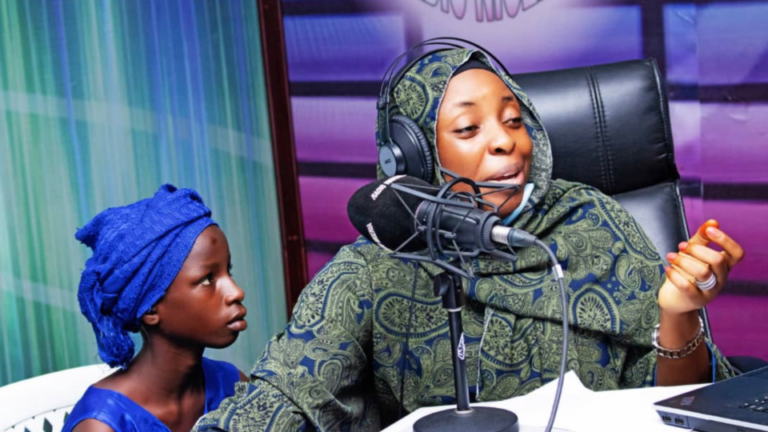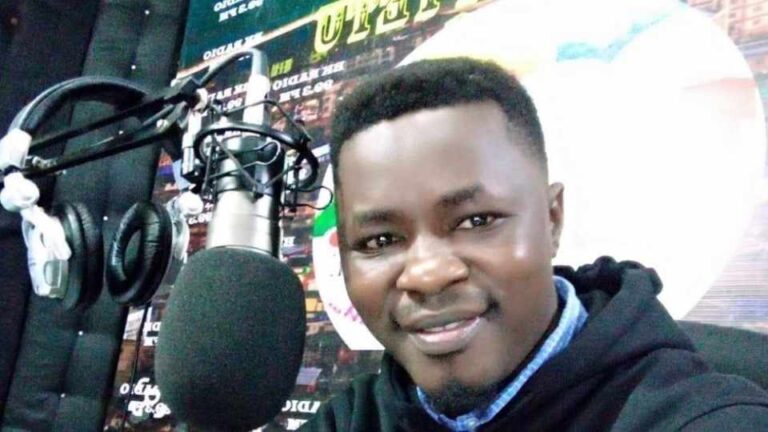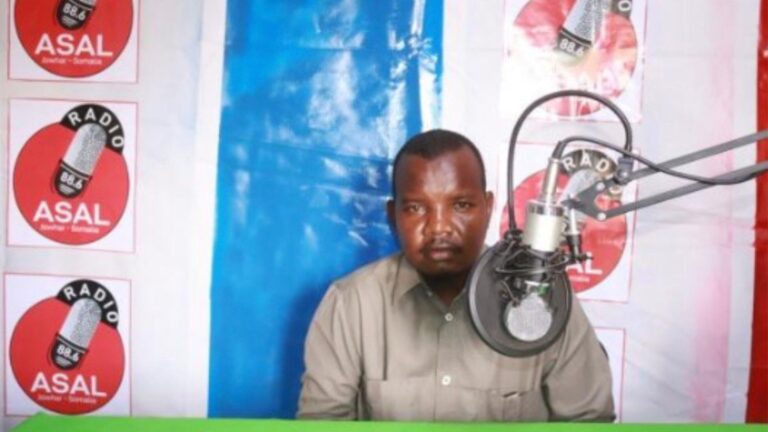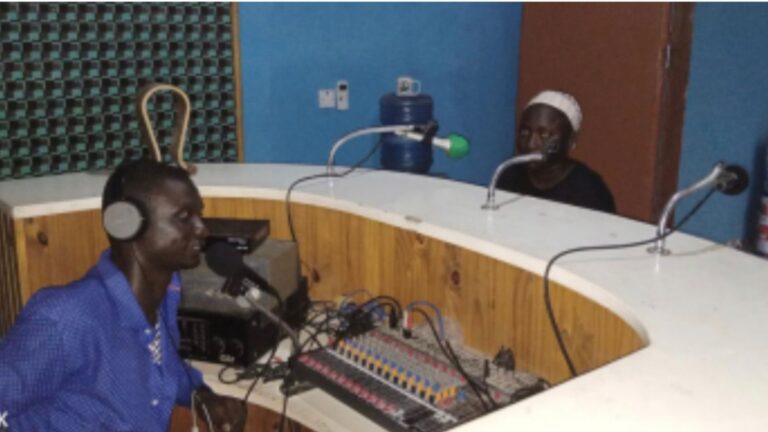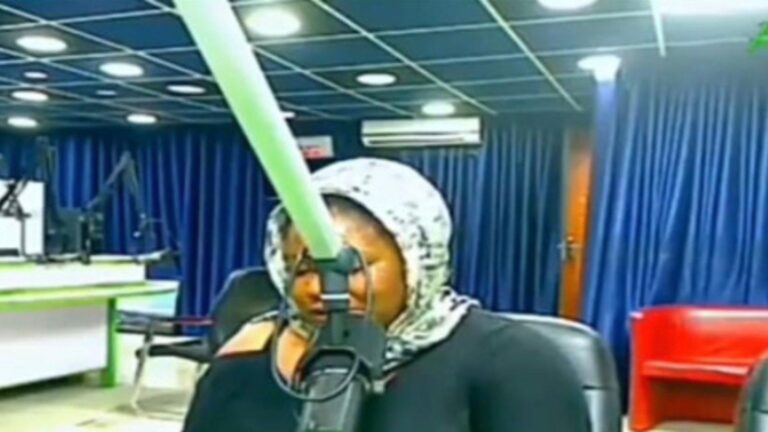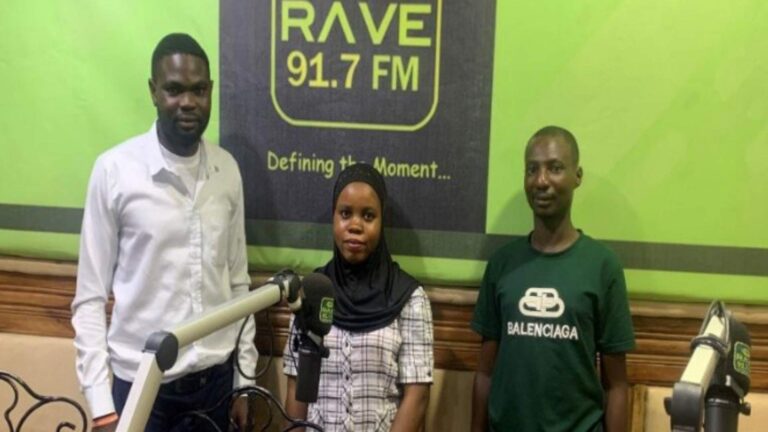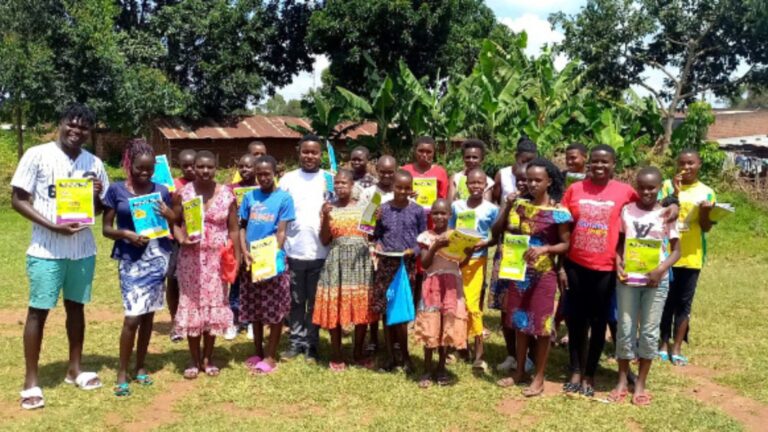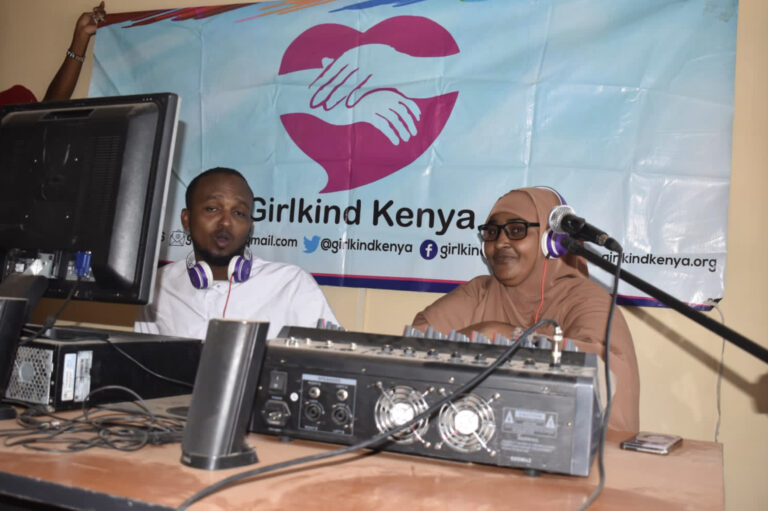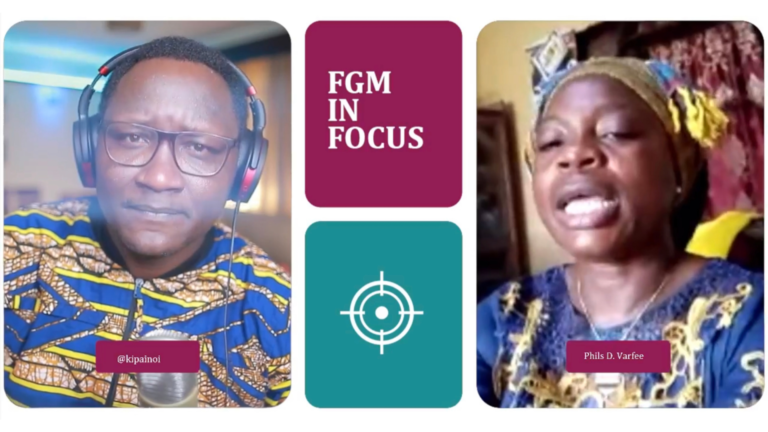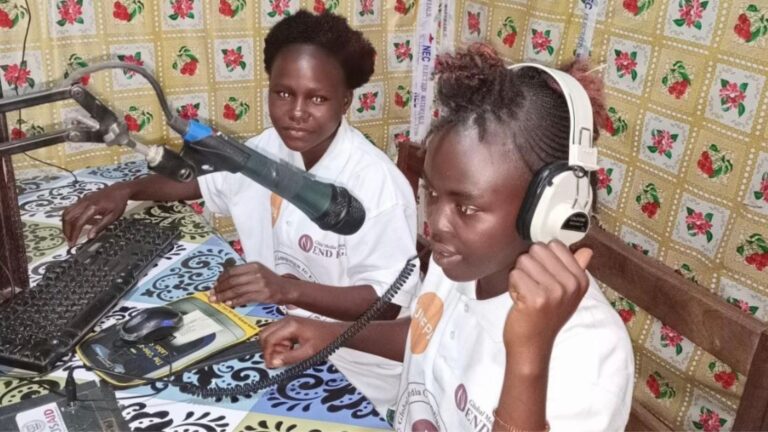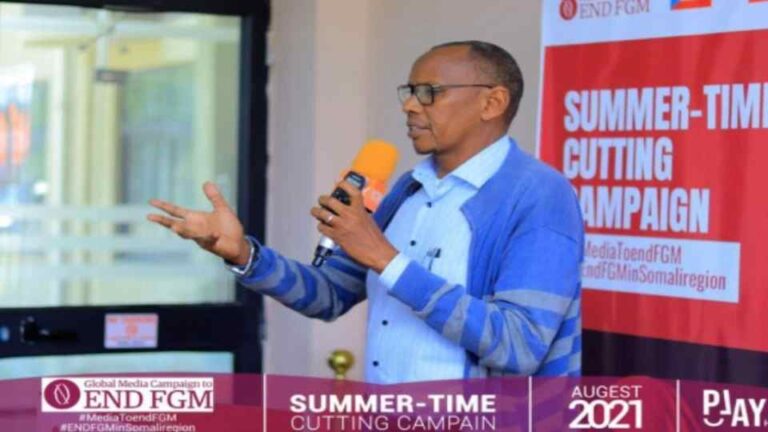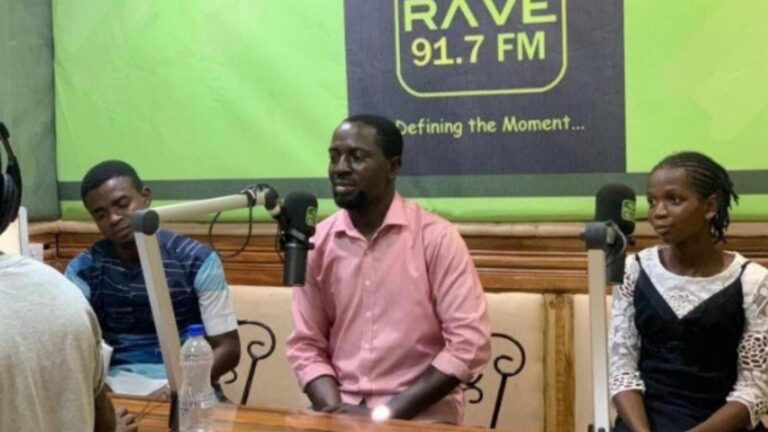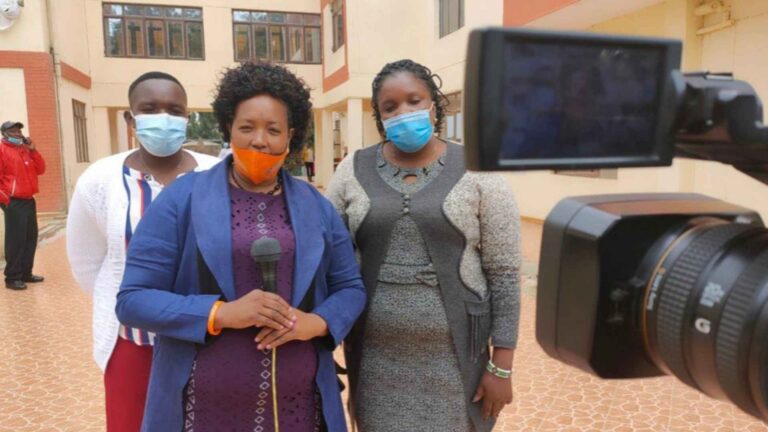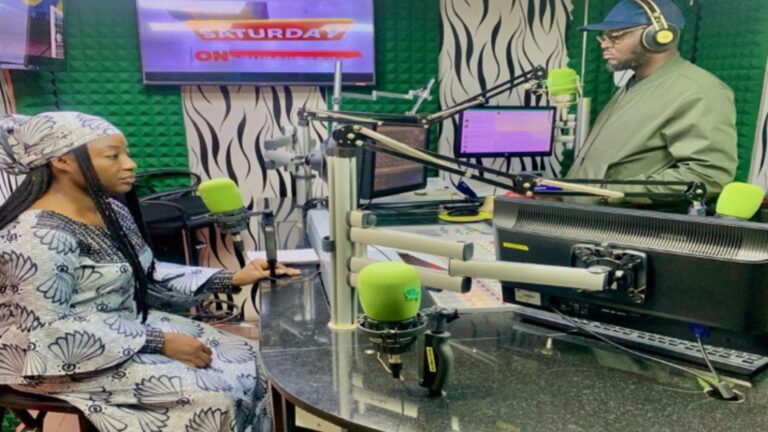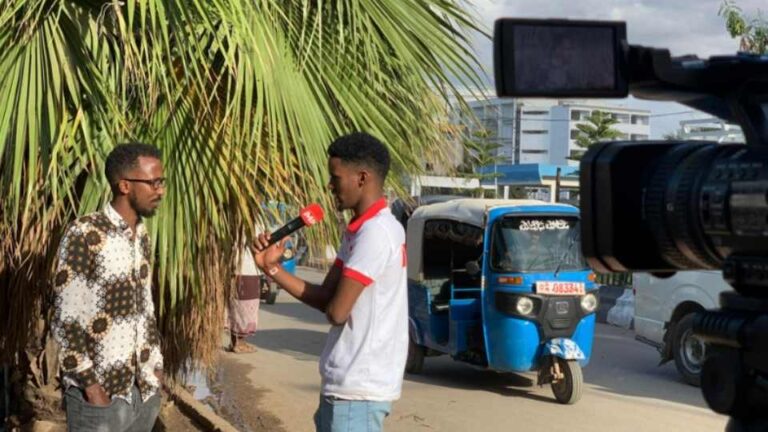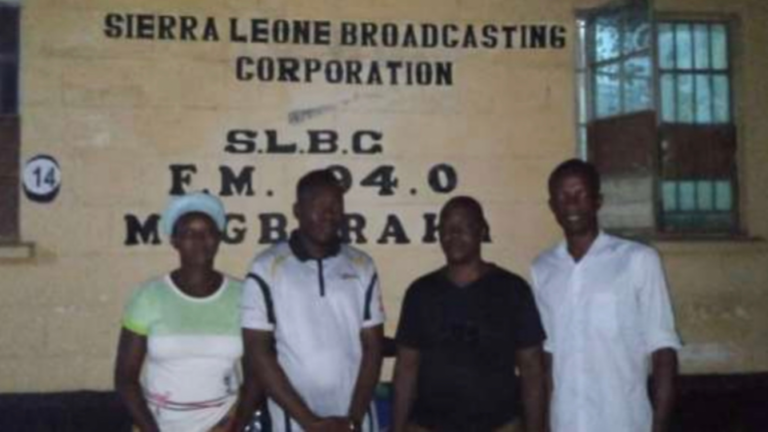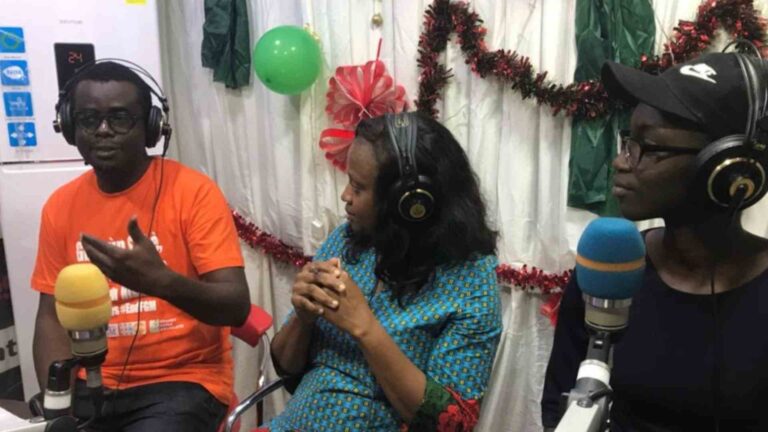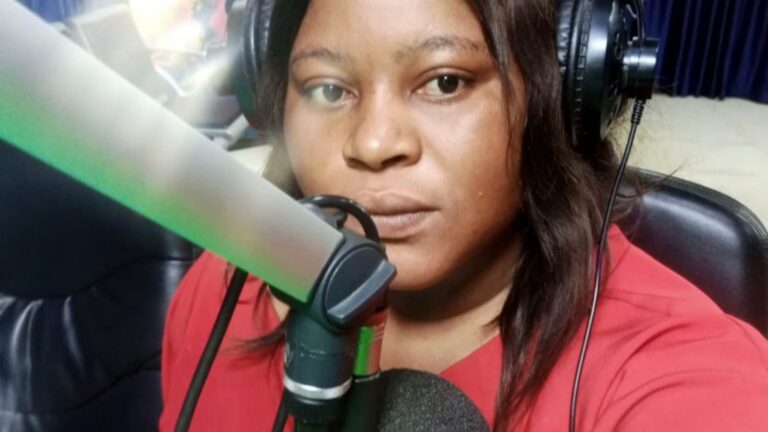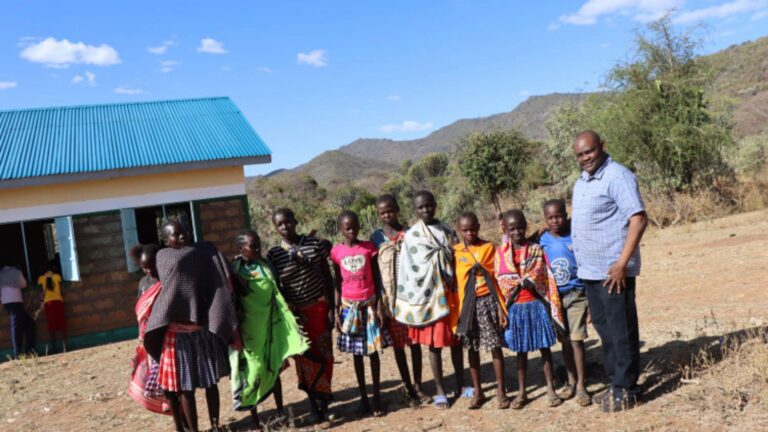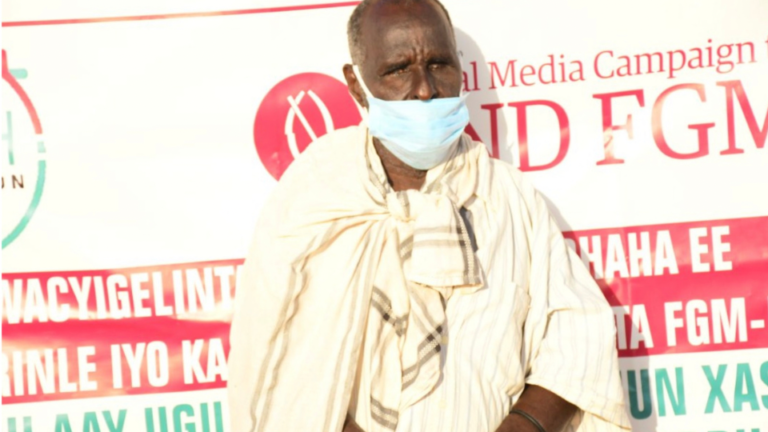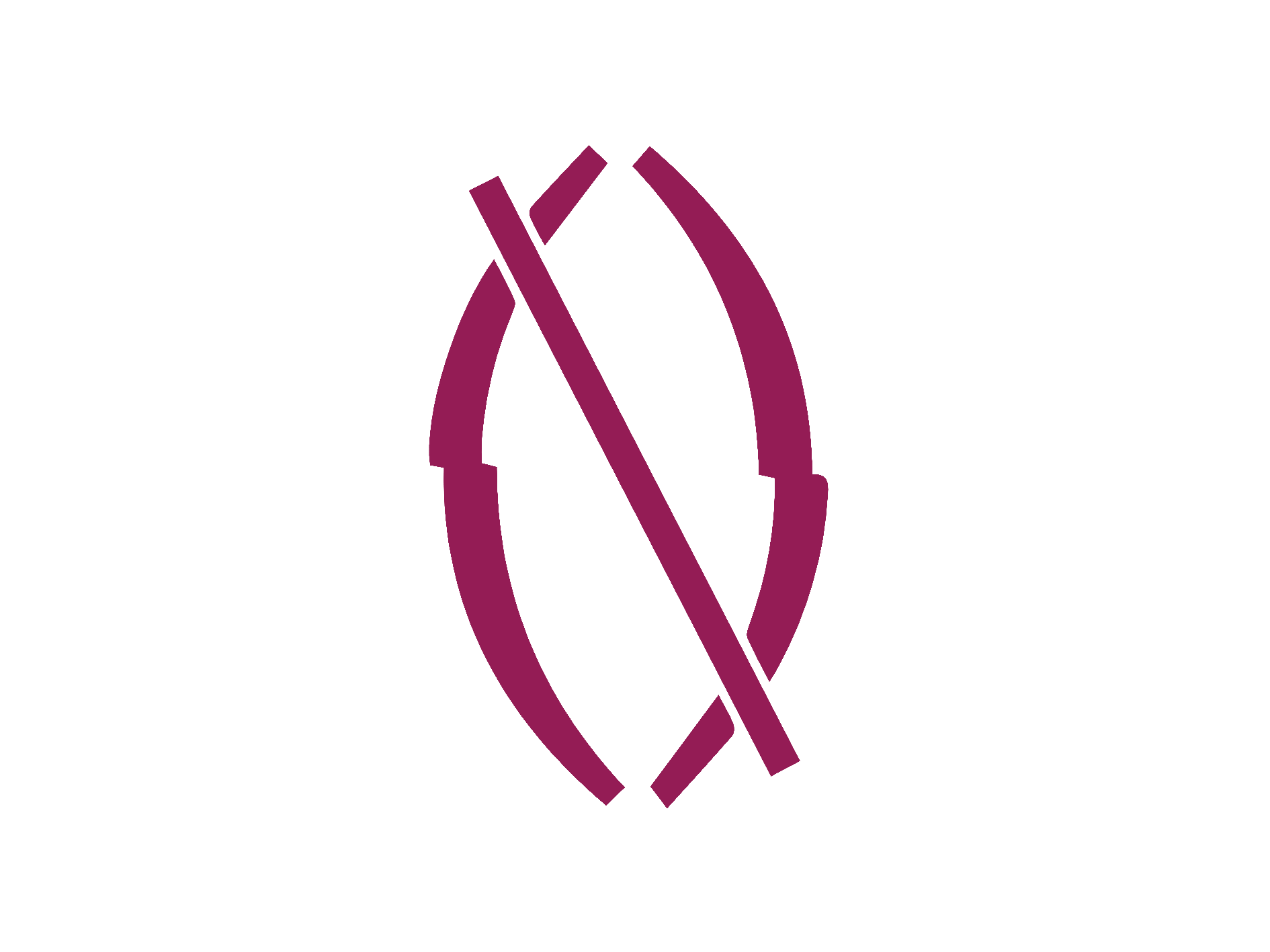By Jeremiah Kutanya,
Jeremiah Kutanya is an anti-FGM activist who works with youth groups. He is passionate about engaging male champions in the fight against FGM.
Media project over the Easter holidays:
During the Easter holiday, we organized a one-hour radio talk show and ran radio messages for seven days at Nosim FM; a maa vernacular radio station.
The key topics of the discussion were gender-based violence (FGM), early pregnancy, and ways to support education even when schools have closed. We engaged a youth (male) anti-FGM activist – this is because we wanted the youth to champion the rights of the girl child and also campaign against retrogressive cultural practices.
During the talk show, we discussed the effects of FGM, myths and facts, legal framework, and the effects of the practice in the education of a girl. In the first half an hour of the session, we did the discussion while the second half we handled the questions and answers session.
Accomplishments:
It was successful, say by 90%. This is because, initially, the session was to be undertaken physically but due to the presidential address on COVID-19 containment measures, it was unprecedentedly changed to virtual 30 minutes to the session. This sudden change messed with the whole plan. However, despite this disruption, the session ran successfully with minimal connectivity issues. The radio messages as well ran for the seven intended days undisrupted.
Difficulties:
Yes. Being tough times due to the corona pandemic, we encountered some hinges in securing an opportunity for the radio talk show. Actually, the initial plan was to have to also have a radio talk show on KBC TV but unfortunately it didn’t materialize.
Strong messages from the Radio show:
Since we were using the platform to amplify our manyatta base learning program – an education program that aims to engage girls in learning during the holiday rather than engage in unproductive activities, 10 out of the 15 callers who called supported the program. As well, 12 of the 15 callers gave positive comments about the anti-FGM campaigns more so having the male youth in front of the campaign.
Wins:
- Massive support from the local administration has enabled us to further anti-FGM campaigns off the media (at the grassroots).
- The positive rapport with the local radio station made the talk show activity successful despite the numerous challenges
- Used the talk show as a mobilization platform for the Manyatta-based learning program that saw more girls engaged over the holiday.
Challenges:
- Change of radio talk show to virtual the last minute affected the organization negatively by incurring unnecessary expenses such as transport and accommodation expenses.
- COVID-19 pandemic imposed unprecedented restrictions
Impact:
Through the media campaign (radio talk show and radio messages), 117 girls were mobilized and engaged in manyatta base learning – ensuring that these girls are safe from FGM and early pregnancy.
Linkages:
He-for-she campaign against FGM strengthened through mobilization and advocacy to enroll more girls in the Manyatta-based learning program which acted as a safe space for girls during the Easter holiday.
Next time…
I’ll engage more youth (male) in the campaign to amplify the voice to advocate for the rights of a girl child


